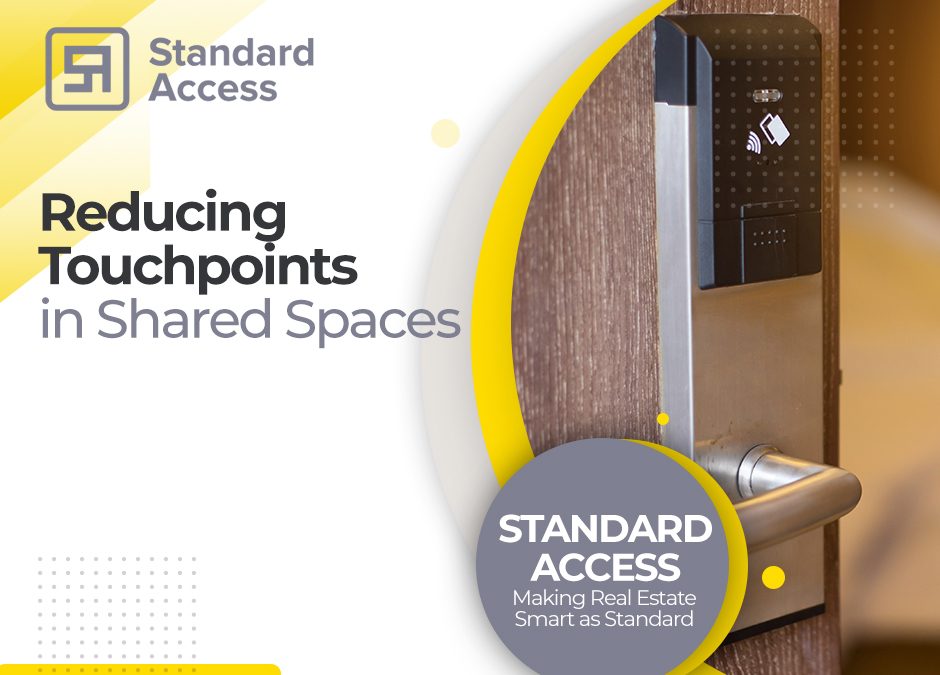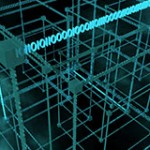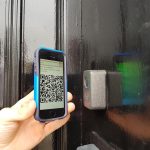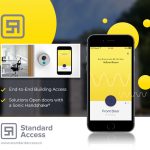“You cannot be involved in developing deep tech without a deep understanding of the security issues…”
As every leader knows, priorities shift. Importance is a relative term; what is considered important for a business on a daily basis – client deadlines, delivering on contracts etc – fades in the face of more urgent things, such as survival. For busy enterprises, many things can feel like ‘life and death’ situations, because of this we attribute a disproportionate weight of importance. But, in real terms, there are very few life-threateningly critical situations that businesses outside of the medical and caring professions deal with routinely. Until now. The past six months have threatened the lives and livelihoods of so many people across the planet and this has likely entwined the survival of organisations, with survival in the most literal/public health meaning of the word. It is absolutely okay to be fearful and it is okay to be uncertain, there are so many unknowns, but every sector of society and industry needs honest, credible leadership right now. Your organisation is not expected to have all the answers but you must step up and ask the difficult questions.
In the real estate industry, some sectors like warehousing and logistics are thriving while others, such as short-term rentals, have been utterly decimated. Claims that this is simply an acceleration of trends that were already in play are accurate, but incomplete. There is talk of office life changing irrevocably. And maybe it will. What are you and your business doing about this?
When Irish employers pushed the return to the workplace for most employees out from September to January 2021, it was seen by many as overly-cautious. Cities in Romania have now issued guidelines for remote work until Summer 2021. Employers are understandably confused and struggling to do the right thing, or to know what the right thing to do is.
From our position, working with building owners and operators, we are seeing a planned return to the workplace in phases. Employee, client and visitor safety is the top priority. One of the key learnings at this stage is that the return to the workplace for each individual team member is not – or ought not to be – based solely upon the department or role within any given department. There needs to be consideration given to people’s own private situation, fears, medical vulnerabilities and those of close family members. This is the more difficult challenge to overcome. How do building owners communicate all the work that is being done to make the building itself, access in and around it, and the air quality circulating through it, safe to a high standard?
There are many pieces that need to come together for a holistic solution, starting with reducing and monitoring building occupancy in real time (you will find more information on this here: https://standardaccess.co/savant-gdpr-compliant-real-time-people-counting-through-existing-cctv/) and reducing the touchpoints upon entering, navigating and exiting the building. We do not expect this to be a temporary set-up, rather, this will be the new normal for shared and public spaces going forward. Social distancing will likely become a generational norm and both indoor and outdoor spaces will need to be designed with this in mind. We expect to see more extensive use of touch-free workplaces, from automatic interior doors to more intuitive elevator systems – and everything in between.
Our expertise lies in designing, developing and rolling out privacy-centric applications that improve the experience for building owners, operators and occupiers. Prior to the pandemic, the tech team at Standard Access had developed a contemporary, touchless building access control system for multi-tenanted offices and other shared spaces. This system allows employees and authorised persons to gain access to the office or designated rooms/areas within the building using their mobile devices. This system has been further developed in response to the pandemic to extend touchless operations across the entire building.
So. not only is the touchless access system safer from a security perspective, it is significantly safer from a public health perspective. Germs can easily stick to and be passed around on physical keys, cards and fobs. In a post-Covid19 world, fingerprint scanners and PIN pads will become a thing of the past as studies have shown that the virus can remain active for a longer period of time on solid surfaces like scanners and door handles. Obviously, access granted by remote means will limit exposure to others using the same entryways, while facilitating frictionless authentication and building access.
We are all learning as we go, and we expect that the measures put in place at the start of the phased return to the workplace will evolve based on the experiences of the early returners. As custom developers, the Standard Access team is ready for this. If you or your organisation needs help reducing the touchpoints across your workplace, contact the team below…
About Standard Access:
Established in 2014 by Damien Browne, Standard Access is a global leader in IoT solutions for smart building access and developer of the Sonic Handshake®, which is a revolutionary Data Over Sound technology to enable building and room access using an encrypted sound byte via app. www.standardaccess.co






